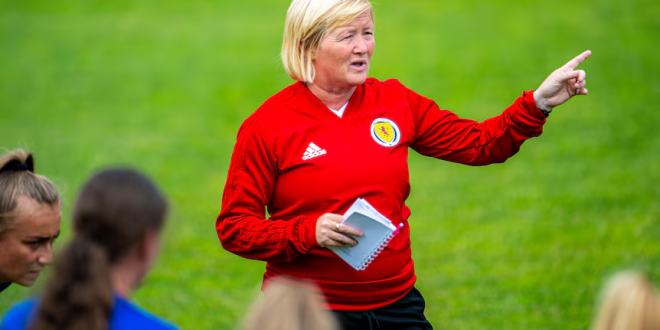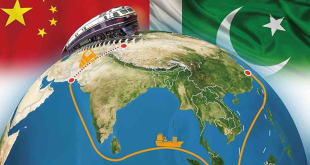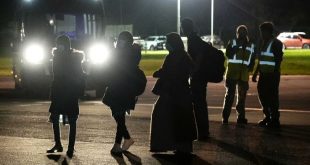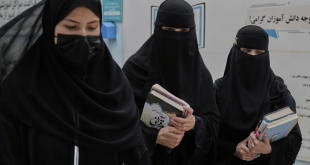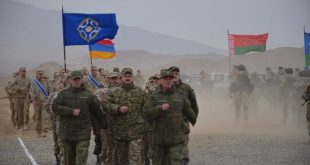KABUL – In a groundbreaking move blending sport and human rights, FIFA has appointed former Scottish international Pauline Hamill as the inaugural coach of the newly formed Afghan Women’s Refugee Team—marking a powerful new chapter for displaced female athletes in exile.
Hamill, who earned 141 caps for Scotland and has decades of coaching experience including with Scotland’s U-17s, U-19s, and most recently as head of Saudi Arabia’s U-20 women’s side, described the appointment as “way beyond the realms of a normal coaching job.”
“This team is about more than football,” Hamill said in a FIFA media release. “Every player involved has a story of survival and hope. They’ve been forced to flee their country, but now they’re being given a chance to dream again.”
Announced in May as part of FIFA’s new Strategy for Action for Afghan Women’s Football, the refugee team is composed of Afghan women who fled Taliban repression and secured refugee status abroad. With women’s sports entirely banned under the Taliban regime and the Afghan Football Federation refusing to recognize women’s teams, this new FIFA-backed initiative provides a rare and defiant opportunity for female athletes to return to the pitch.
The team’s formation comes nearly seven years after the last official match of Afghanistan’s women’s national side in 2018, and amid increasing global calls—including from activists like Nobel laureate Malala Yousafzai and exiled Afghan captain Khalida Popal—for FIFA to recognize the team as Afghanistan’s rightful national squad.
Hamill will lead three “talent identification camps” over the coming months to scout and develop players from Afghan refugee communities worldwide. The team, operating under a one-year pilot phase, is expected to play a series of international friendlies—not only to prepare for future competitions, but to tell the world that Afghan women’s football is far from over.
FIFA President Gianni Infantino hailed the project as “a landmark in ensuring that every girl, regardless of where she comes from or what she has endured, has the right to play football.” FIFA has pledged comprehensive support services for the squad, including mental health resources, safeguarding protections, and access to education and training.
While the Afghan Football Federation’s refusal to acknowledge women’s participation means the refugee team cannot yet compete in official tournaments, human rights groups are urging FIFA to amend its statutes and allow recognition of “exile teams” representing countries where women are barred from sport altogether.
 Afghanistan Times
Afghanistan Times
